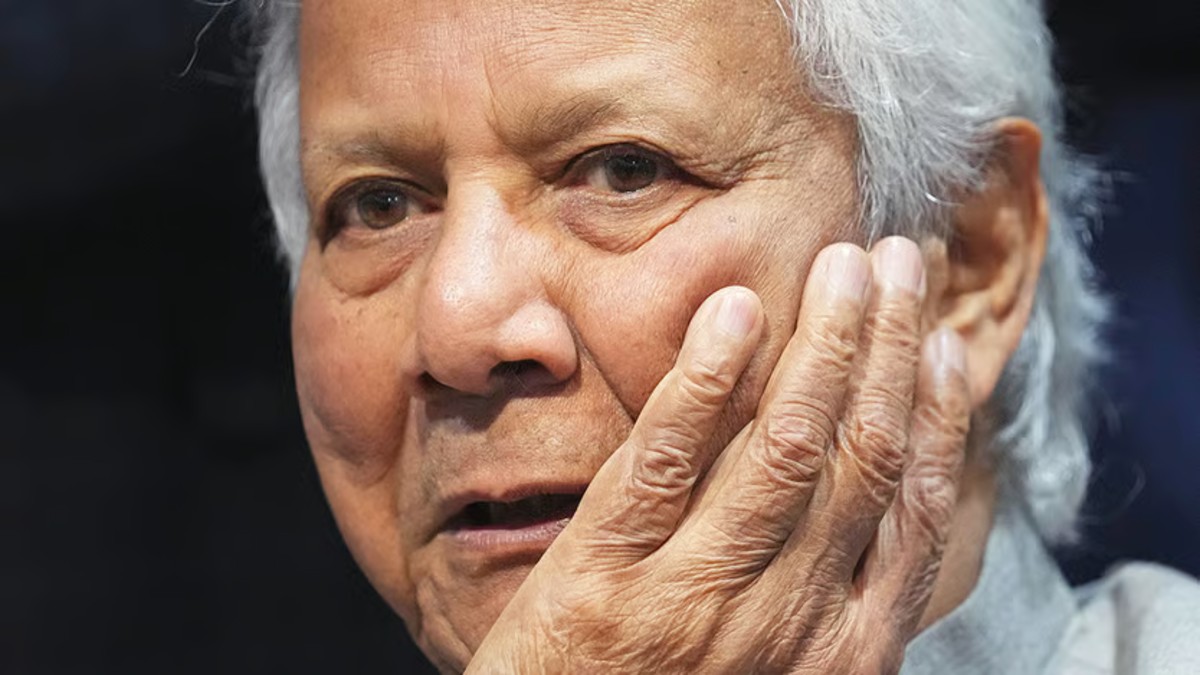Months after Islamist groups denounced the plan as “un-Islamic,” Bangladesh’s interim government has scrapped the decision to appoint music and physical education teachers in government primary schools.
The Ministry of Primary and Mass Education said on Monday that the newly created posts would be removed from recruitment rules. “Although the rules issued last August had four categories of posts, two categories have been included in the amendment. The posts of assistant teachers for music and physical education are not in the new rules,” ministry official Masud Akhtar Khan told BDNews24.
When asked if the move was made under pressure from religious groups, Khan declined to comment, saying only, “You can check for yourself.”
Islamist pushback succeeds
The reversal marks a major retreat from Nobel laureate Muhammad Yunus’s earlier policy to include music and cultural education alongside religious and academic subjects. Islamist organisations had fiercely opposed the idea, calling it an “anti-Islamic agenda” meant to “destroy children’s faith.”
At a September gathering of hardline clerics under the Jatiya Olama Mashayekh Aima Parishad — attended by groups like Jamaat-e-Islami, Islami Andolon Bangladesh, and Hefazat-e-Islam — speakers warned that appointing music teachers would “make our children disrespectful and characterless.”
Islami Andolon chief Syed Rezaul Karim said, “When we took religious studies as children, there were separate teachers for Hindus and Muslims. But now, you want to appoint music teachers? What will they teach? You want to make our children unruly and faithless? We will never tolerate that.”
Bowing to radical pressure
The decision follows a series of policy U-turns under the Yunus-led interim administration, which critics say has repeatedly bowed to Islamist pressure. Hardline groups that were once restrained under former Prime Minister Sheikh Hasina now appear emboldened, pushing anti-Hindu and anti-India rhetoric and even demanding a ban on Isckon, calling it an “extremist organisation.”
Earlier, the government also backed down on women’s reform proposals after Islamists threatened violence, warning that Yunus’s team “wouldn’t even get five minutes to escape.”
Growing religious rigidity
Analysts say the government’s latest reversal shows how Islamist influence is reshaping Bangladesh’s education policy — eroding secular and cultural subjects once central to its identity. The rollback, they warn, is another sign of the country sliding toward religious rigidity reminiscent of the Taliban’s stance on banning music in schools.
)